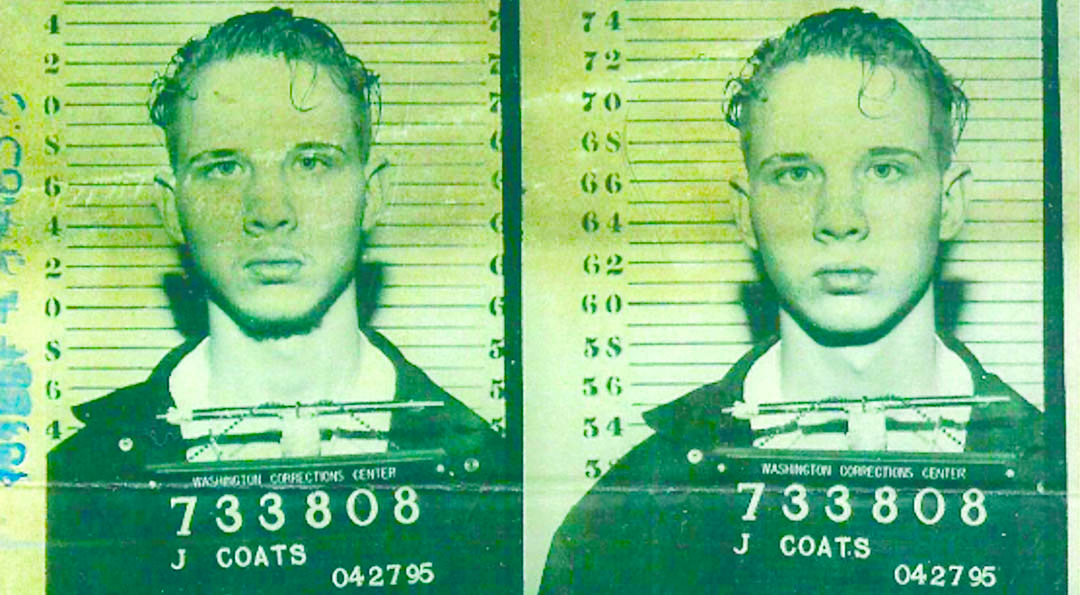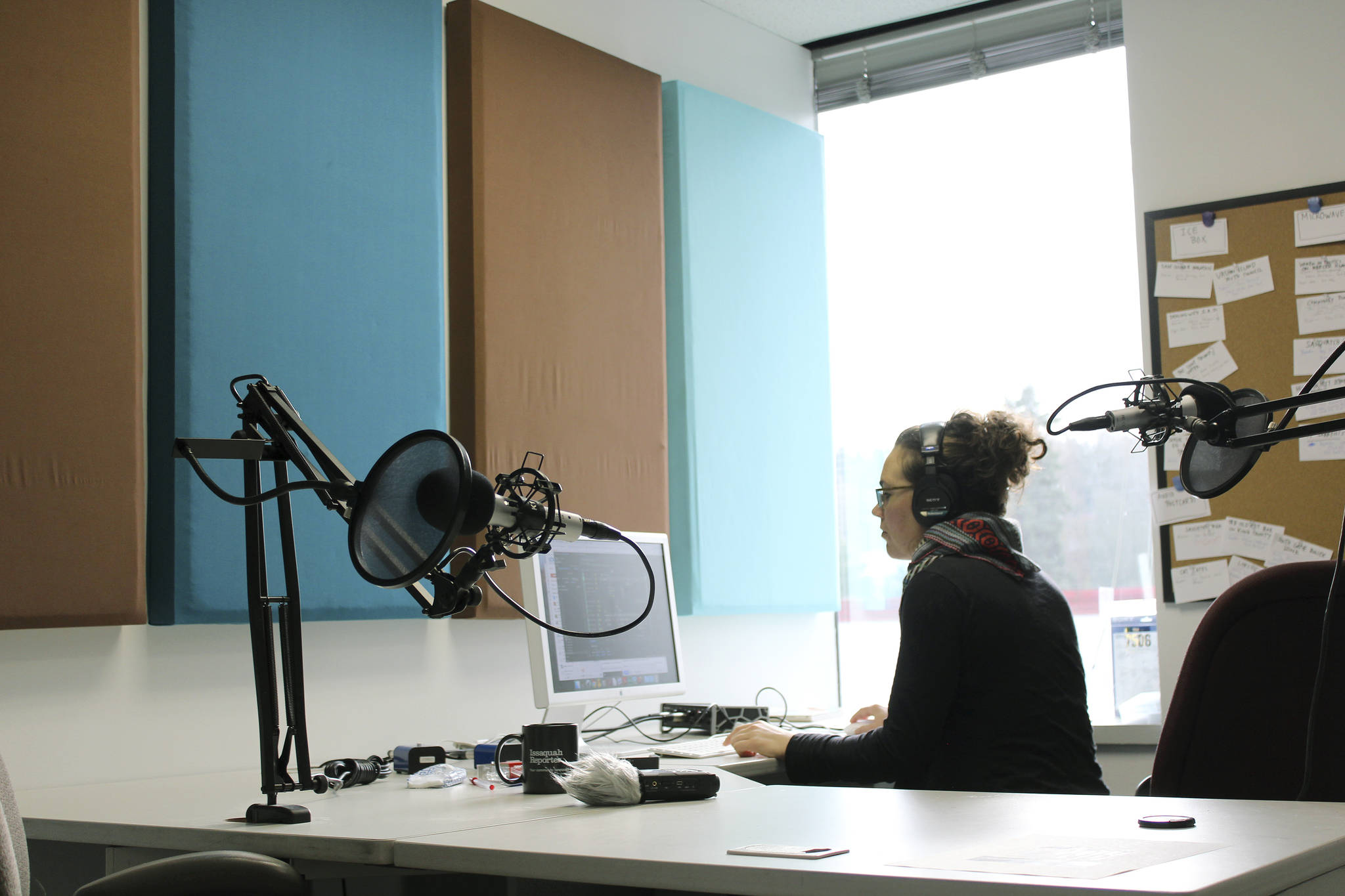It has been two decades since a 14-year-old Tacoma kid named Jeff Coats kidnapped and stole the car of a man named David Grenier. The incident served as Coats’ entry into Washington’s criminal-justice system, and later as the starting point of the Rethinking Punishment Radio Project, a collaboration between University of Washington Professor Katherine Beckett and Cited, a new podcast from the University of British Columbia. The series aims to unpack and challenge our society’s perceptions of criminals, telling stories that stray from conventional storylines of crime and punishment. This first episode, “Superpredators Revisited,” uses Coats’ story to explore the treatment of juveniles in an era spiked by fears of a “teenage bloodbath.” We spoke with Beckett about the origins of the show.
How did this get started? A colleague of mine in the Law, Societies, and Justice program began, maybe a year or so ago, to teach what he called mixed-enrollment classes, where he takes a group of UW students up to Monroe Correctional Complex. It’s usually about 12 or 13 UW students who fit in the course with 12 or so students from inside the prison, so prisoners. At one point he invited me to come along and observe.
And how did you settle on this particular subject? Some of the prisoners were lamenting the fact that the only story you ever hear about prisoners is that when they’re released, they do bad things and get sent back to prison. This is upsetting to them because they know that that’s true more than we’d all like it to be, but they also know a lot of people don’t come back and actually do establish productive stable lives on release. It’s frustrating for them that those stories are never told, because it kind of reaffirms our cultural belief that human transformation is not possible.
How did you end up meeting Jeff Coats? The prisoners wanted us to capture their own stories and to use those in some way—for example, working with at-risk youth. That would be difficult given the Department of Correction’s rules about interviewing inmates. So we agreed that the next best option would be to find people living in the Puget Sound area who had spent a lot of time in prison but were now doing great things with their lives. So with their help I tracked down a bunch of people, actually. Jeff, for whatever reason, his name rose to the top of the list.
And what did you discover? I don’t want to give too much away, but one of the most powerful things was when we got into the case files and there was a judge who was asked to decide whether Jeff should stay in the juvenile system or whether he should go into the adult system. In explaining his ruling, he said “The state has clearly exhausted its rehabilitative effort, and this person is just not reformable.” He was 14 years old, and the only thing that had happened to him at that point was that he had been in 62 foster-care placements. The fact that the judge so quickly concluded that the kids were not reformable, given the circumstance of his life, was really shocking to us. It had huge ramifications.
mbaumgarten@seattleweekly.com
For more on the series, go to citedpodcast.com. Answers have been edited for length and clarity.








